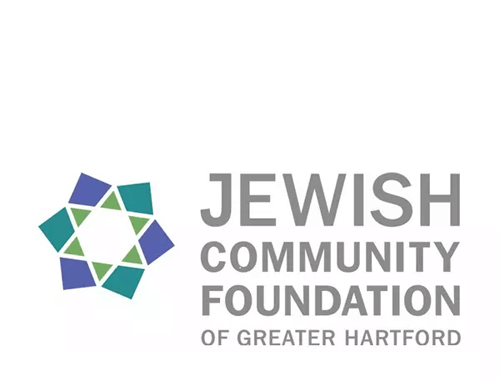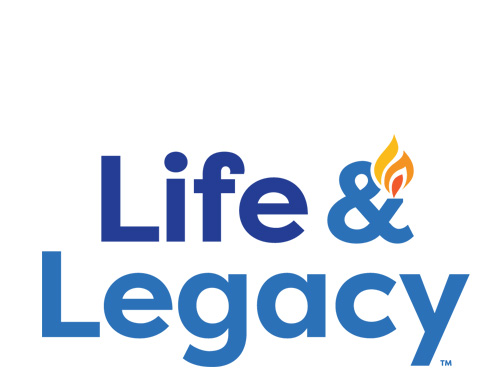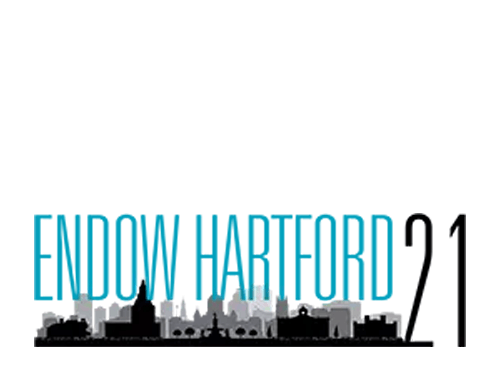- about
- academics
- current parents
- student life
- Prospective Parents
- Donate
Schechter Shavua: January 27, 2023
Studies of MLK, Jr. Make Connections to Schechter's Core Values
Although many schools and businesses have the day off on MLK day, Schechter holds classes every year on this holiday for a specific reason: so that students spend the day learning about the legacy and lessons of Dr. Martin Luther King, Jr. and make connections between his teachings and Schechter’s core values oflev tov (kindness), klal Yisrael (community), and chochma(wisdom). Each student, from age two through eighth grade, participated in age-appropriate lessons and conversations about King’s impact.
Middle School
Middle School students (grades 5-8) volunteered at the Midwest Food Bank in Manchester. Although their initial goal was to help others in the spirit of Dr. King, they also came away with powerful lessons about the Food Bank itself and a drive to further help the community.
Students were impressed with the tremendous scale of their operation, noting how much work goes into providing food for people. With only three paid employees, Midwest Food Bank depends heavily on volunteers. In this massive warehouse, volunteers create packages that are then distributed to smaller food pantries and individuals. On Monday, Schechter students packed 64 boxes, each containing 12 large bags of “Scooby Snacks,” a type of graham cracker snack. Students calculated that collectively, they packaged 768 snack bags; if distributed to families of four, their morning work would impact roughly 3,072 people. Students noted that although they worked hard, it was worth it to help people.
Elementary School
Students in Alim(grades 3-4) focused on the power of King’s words, doing a close reading of his “I Have a Dream” speech and highlighting the words they felt were the most powerful and significant. Each student wrote a reflection about what they could do to improve the world, accompanied by an artistic representation.
For Amirim’s first and second graders, a recurring theme that hit home was King’s emphasis on kindness, fairness, and peaceful communication. Students were tasked with sorting different scenarios into two categories: treating people fairly and kindly vs. treating them in ways that are unfair and unkind. Students reinforced these lessons through art, superimposing messages of change over a painted earth.
Ilanot(Kindergarten) students read aloud Happy Birthday Martin Luther King, providing an introduction to King and his important role in fighting for equality. Students were introduced to his famous “I Have a Dream” speech and reflected upon their own dreams of kindness for all.
Early Childhood
Early Childhood teachers from Shorashim Alef and Bet took the concept of diversity and applied it in developmentally appropriate ways for their three- and four- year old students: by comparing a white egg and a brown egg. The children gently examined the two eggs and reflected on several questions: What is the main difference between these two eggs? What do you think each egg looks like on the inside? Students shared their thoughts and predictions before teachers cracked both eggs open. Students observed that inside, both eggs have the same yellow thing. "A yolk!" Tova exclaimed with excitement. This activity concretely showed the children that although people may appear differently on the outside, we are all the same on the inside...feelings, heart, and bones!
Even Schechter’s youngest students, the Nitzanim two-year olds, were involved; they made pictures using a variety of skin-tone markers and pencils on black, manila, and white, paper. Teachers read them two books: Who was Martin Luther King, Jr ? by Lisbeth Kaiser and Mixed by Arree Chung, an age-appropriate book about three different colors who all think they are the best and don’t want to mix with any others.
What better way to reinforce the school’s commitment to tikkun olam than to delve into Dr. King’s wisdom?
Carl Wilkens: Lessons from Genocide in Rwanda
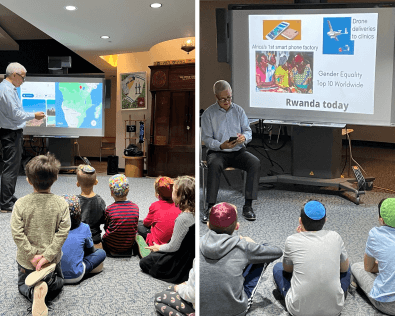 Last week, Schechter’s K-8 students had the unique opportunity to hear about the experiences of Carl Wilkens, one of two Americans who chose to stay behind in Rwanda during the 1994 genocide. Carl addressed small groups of students, sharing his message that we all have the capacity to show kindness and empathy, even at times when we face anger or fear. His words and images were particularly poignant just days after we celebrated the legacy of Dr. King.
Last week, Schechter’s K-8 students had the unique opportunity to hear about the experiences of Carl Wilkens, one of two Americans who chose to stay behind in Rwanda during the 1994 genocide. Carl addressed small groups of students, sharing his message that we all have the capacity to show kindness and empathy, even at times when we face anger or fear. His words and images were particularly poignant just days after we celebrated the legacy of Dr. King.
Alim Students use Visual, Artistic, and Tactile Methods to Study the Globe
Alimstudents (gr. 3-4) are becoming global citizens in Social Studies class. While learning about different features on a map of the earth, they studied topics including the equator, prime meridian, the four hemispheres, the five oceans, and the seven continents. To grasp these concepts through visual means, students pretended they were astronauts in space, gazing down at earth. From a great distance, they identified the countries on a map of North America, then zoomed in even closer to identify states and communities on a map of the southeastern United States. To further solidify these concepts, each student created a balloon globe, labeling the equator, prime meridian, continents, compass rose, and oceans, then answered questions using their balloon globe as a reference.
Click HERE to see more photos of Balloon Globes in the making!
Parashat Bo —Is matzaha sign of faith or short-sightedness?
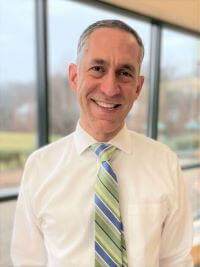 Our practice of eating matzah on Pesach comes from this week’s parashah: “They baked unleavened cakes of the dough that they had taken out of Egypt… since they had been driven out of Egypt and could not delay; nor had they prepared any provisions for themselves” (Ex. 12:39, JPS translation). The Israelites grabbed their belongings and fled; they apparently had no time to gather food for the road.
Our practice of eating matzah on Pesach comes from this week’s parashah: “They baked unleavened cakes of the dough that they had taken out of Egypt… since they had been driven out of Egypt and could not delay; nor had they prepared any provisions for themselves” (Ex. 12:39, JPS translation). The Israelites grabbed their belongings and fled; they apparently had no time to gather food for the road.
But why the rush? They knew, well in advance, the exact date when they’d be leaving Egypt. Even if they procrastinated until the final evening, the pesahsacrifice was complete by sunset, and they didn’t leave Egypt until midnight. They certainly had time to pack food! So what should we make of their failure to do so?
Rashi and his grandson, Rashbam, offer opposing opinions that teach us a lot about the proper way to live our lives. Rashi sees their action as a sign of great faith in God. They were sure that God would provide for their needs, so they didn’t bring any food. Rashbam, in contrast, points out that because they failed to bring food, they ended up grumbling and complaining almost from the moment they left Egypt.
Taken together, these conflicting opinions offer a powerful lesson. As Rashi recommends, we should trust and have faith; as Rashbam recommends, we ought to plan. Our faith should not lead us to abdicate our responsibility—“God will provide, and I don’t have to worry.” Instead, matzahoffers the lesson that our faith should lead us to do our part. Only then will God support our efforts.
Shabbat shalom,
Rabbi Jonathan Berger
Head of School
Questions for the Shabbat table:
1. Why do you think the Israelites didn’t gather food or make bread before they left Egypt?
2. When in your life have you procrastinated too much, or trusted too much that things would just work out? When have you over-planned? How do you find the balance?
Solomon Schechter Day School
of Greater Hartford
26 Buena Vista Road
West Hartford, CT 06107
© Solomon Schechter Day School of Greater Hartford | Site design Knowles Kreative

